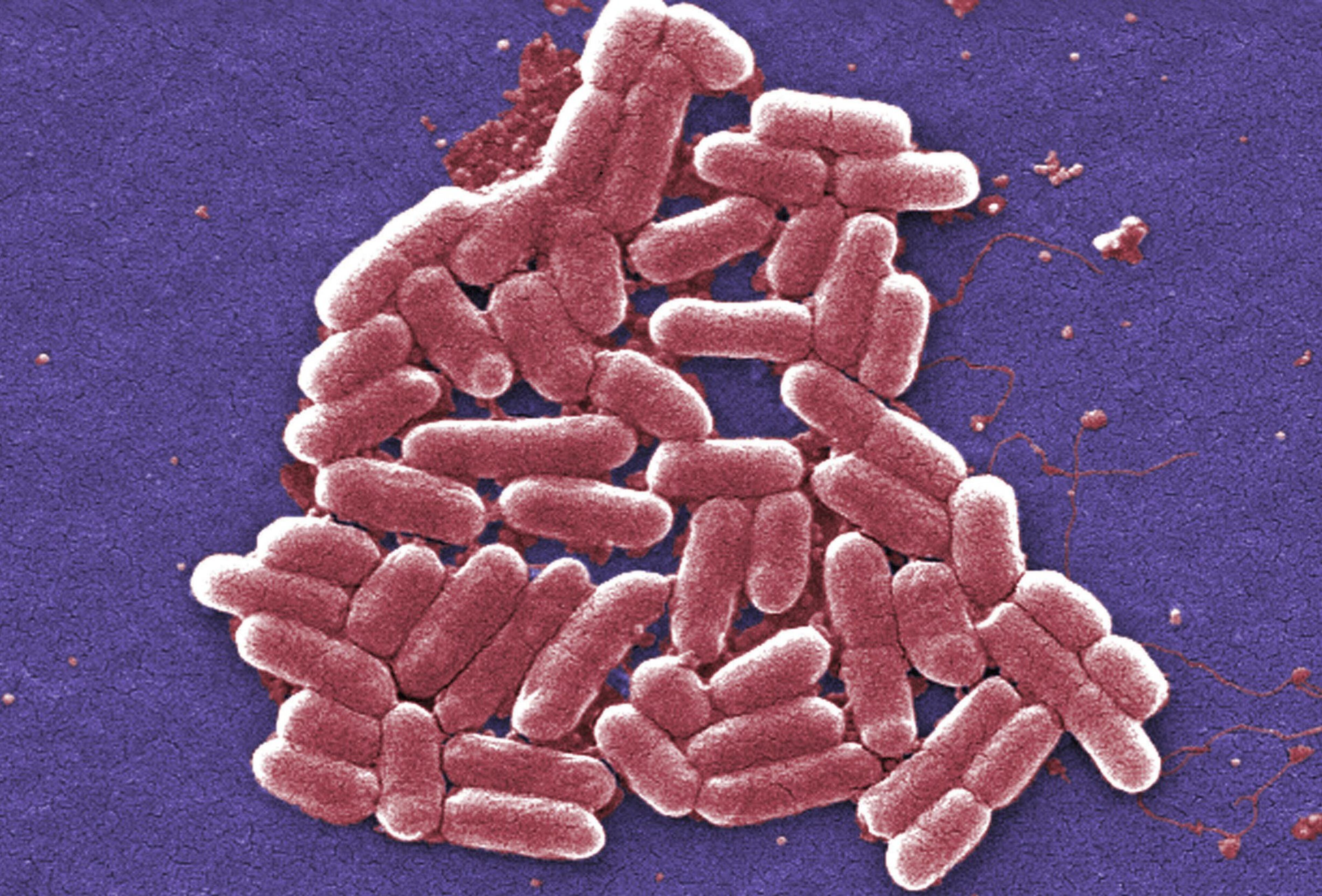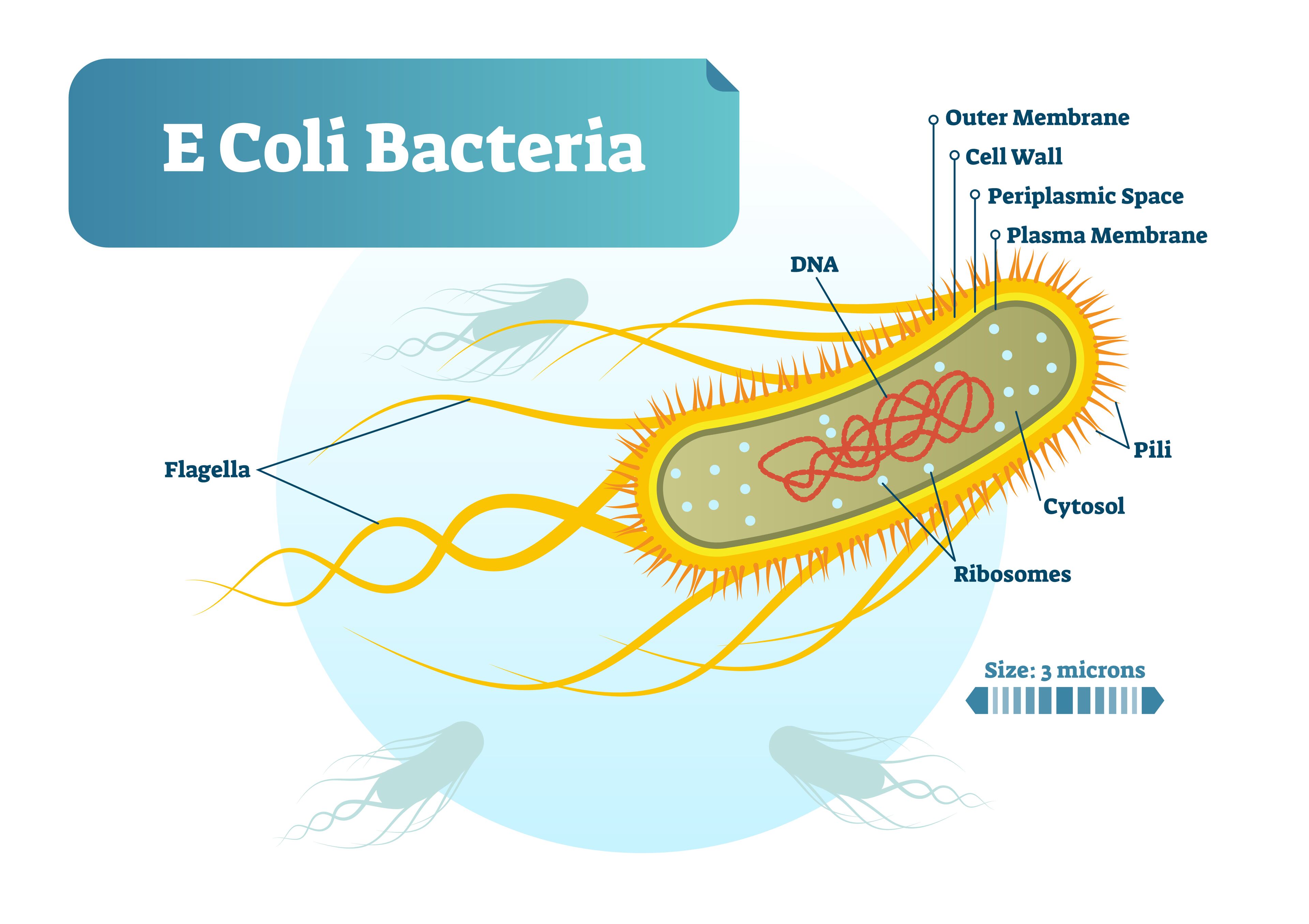CDC links ground beef to E. coli outbreak

Health officials on Friday announced that ground beef is the common denominator in an E. coli outbreak concentrated in Georgia and a handful of other Southeastern states, with the number stricken rising to 109.
Authorities have not yet located the source — such as a farm, store or restaurant — of the contaminated beef.
And, so far, the Centers for Disease Control and Prevention is not advising the public to stop eating ground beef or that retailers and restaurants stop selling it. It is, however, emphasizing the importance of safely handling and thoroughly cooking ground beef.
The current outbreak is linked to a strain known as E. coli 0103. While considered serious, it’s less likely to cause the severe illness, kidney failure and death that E. coli 0157 did last year. A June 2018 outbreak of that strain sickened about 210 people in 36 states and caused five deaths. Another outbreak led to an enormous recall of romaine lettuce last November.

Outbreaks of E. coli 0103 — which can lead to stomach cramping, vomiting and diarrhea — are relatively uncommon, but this current one is the largest on record.
And the number of cases continues to climb. Since March 2, 54 people have fallen ill in Kentucky, 28 in Tennessee, 17 in Georgia, seven in Ohio, two in Virginia and one in Indiana. So far, 17 people have been hospitalized in this outbreak, but no deaths have been reported. The CDC said it expects the numbers to continue to rise during the coming days.
In Georgia, health officials are not releasing the location of those who have gotten sick. Three of them have been hospitalized, and the median age of those infected in the state is 15.
MORE: In romaine E.coli outbreak, a winding path to its source
MORE: Deadly drug-resistant superbug fungus spreading around world is 'serious global health threat'
The agency says people should thoroughly wash counter tops, cutting boards, plates and utensils with hot, soapy water or a bleach solution after touching raw meat to avoid contaminating other foods and items in the kitchen.
Hamburgers and mixtures like meatloaf should also be cooked until they reach an internal temperature of 160 degrees, to kill harmful germs.
Symptoms of E. coli infection usually begin three or four days after consuming the bacteria. Most people recover within a week. The CDC recommends that those who develop symptoms of E. coli infection contact their doctors as soon as possible.

E. coli can affect anyone exposed to the bacteria. But young children, older adults and people with weakened immune systems are more likely to develop complications from the infection.
It can be difficult to pinpoint the source of an outbreak because of the country’s complex supply chain. The U.S. Department of Agriculture’s Food Safety Inspection Service, which regulates meat and poultry, is taking the lead in the investigation to try to determine where the contaminated food came from. A contamination can happen anywhere along the chain of food production, processing, transportation, handling and preparation.
Bill Marler, a prominent food safety lawyer from Seattle, recommends people be especially careful during “unsolved” outbreaks. He recommends avoiding ground beef for anyone particularly vulnerable to food-borne illnesses — older adults, pregnant woman, young children and people with compromised immune systems.
The CDC also recommends a number of other steps to reduce risk of exposure to E. coli, such as careful hand washing, rinsing fruits and vegetables, and avoiding unpasteurized dairy products and unpasteurized juices.
Safe Handling and Cooking of Ground Beef
Wash hands with soap and water after touching raw ground beef. Use hot, soapy water or a bleach solution to wash kitchen items that touched raw meat.
Avoiding cross-contamination in food preparation areas. For example, don't use the same cutting board to make beef patties and then vegetables.
Don't eat raw or undercooked ground beef. Cook ground beef hamburgers and mixtures such as meatloaf until the meat has reached a safe internal temperature of 160 degrees. Use a food thermometer through the side of the patty until it reaches the middle. Place the thermometer in the thickest part of the meat for foods like meatloaf. Make sure burgers and other mixtures at restaurants are well-cooked as well.
After cooking ground beef, refrigerate within two hours and eat within three to four days.
SOURCE: CDC


